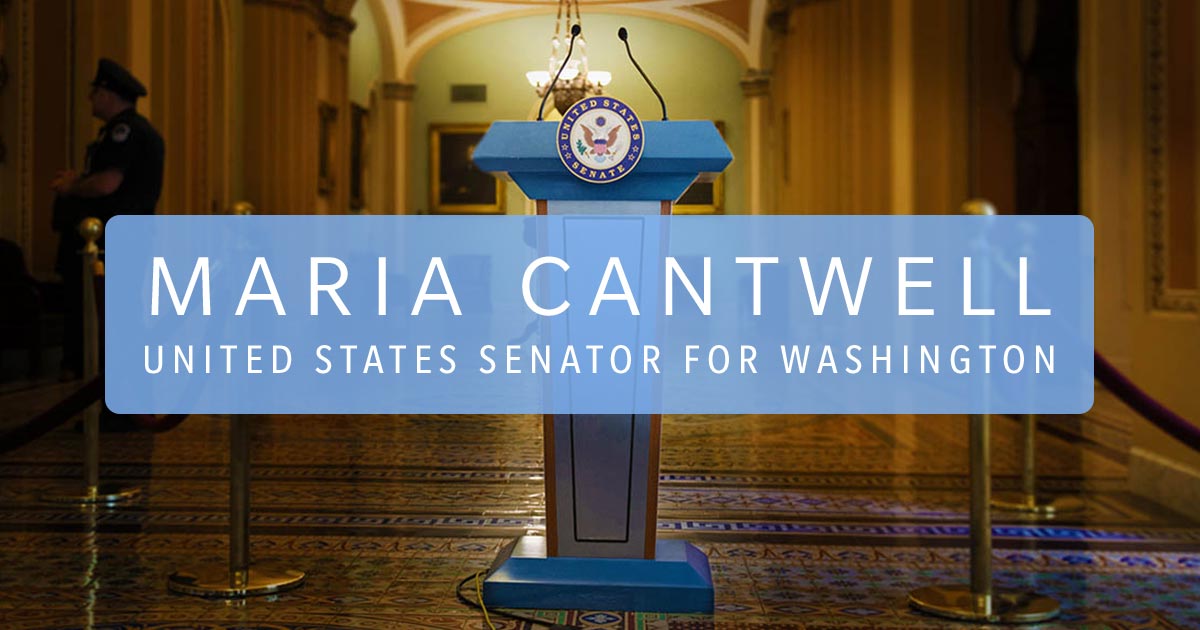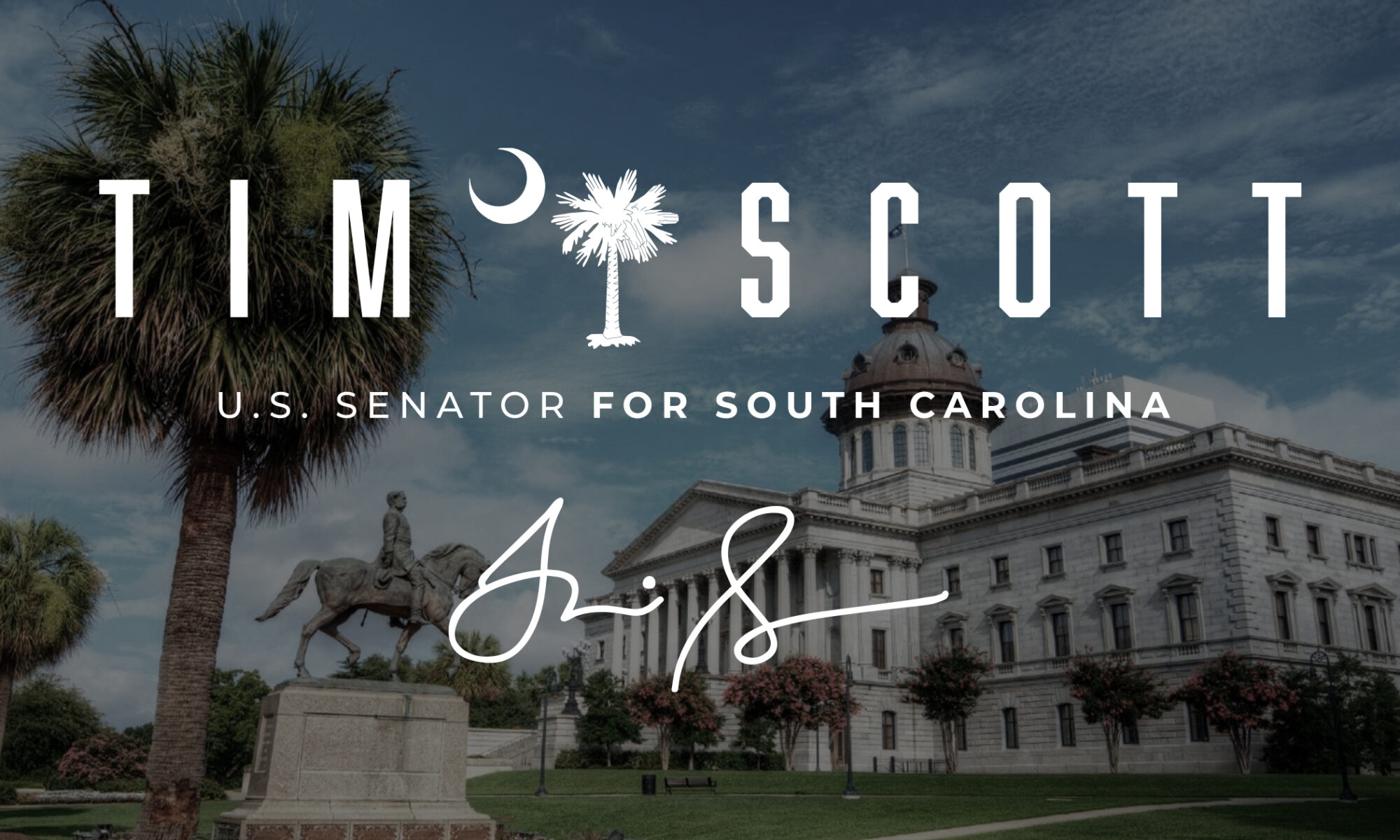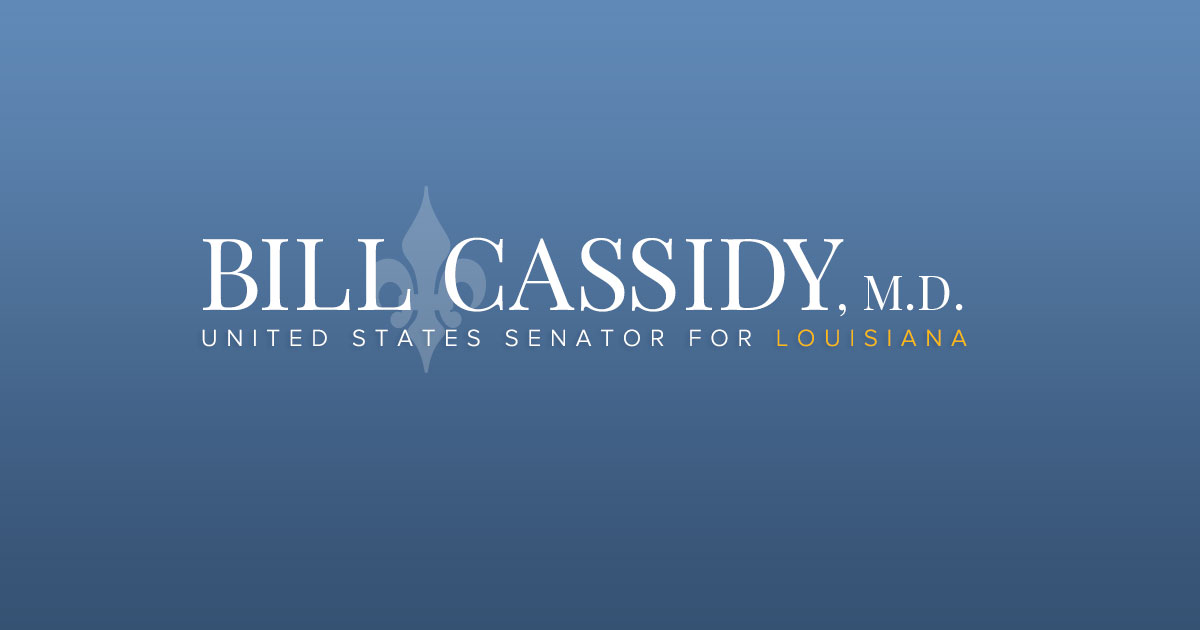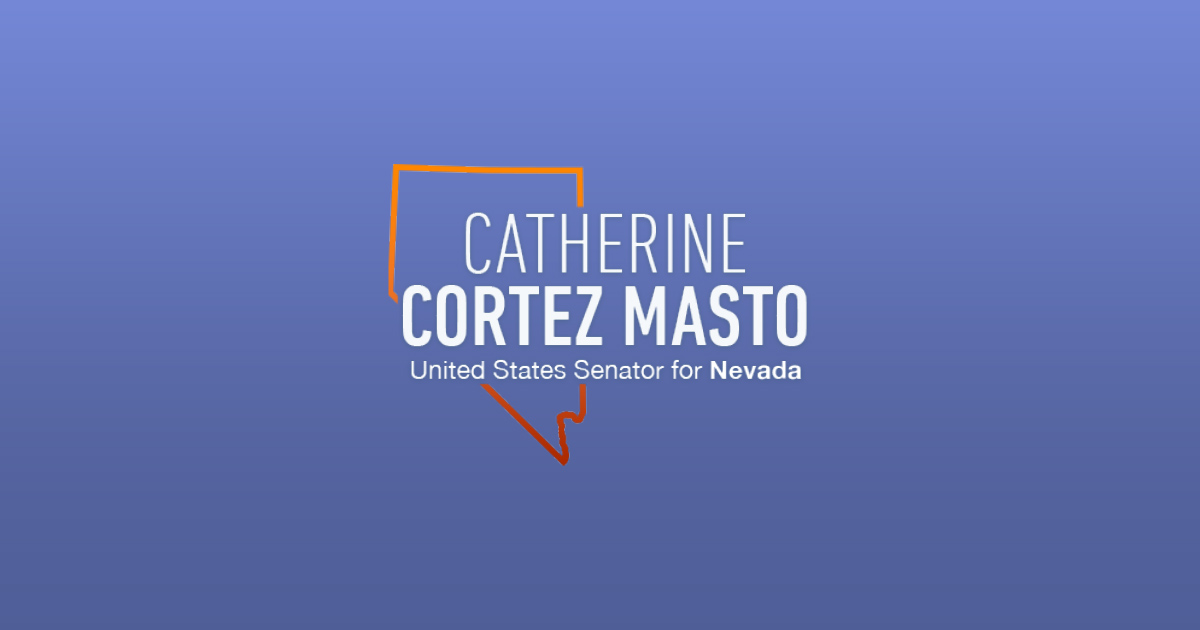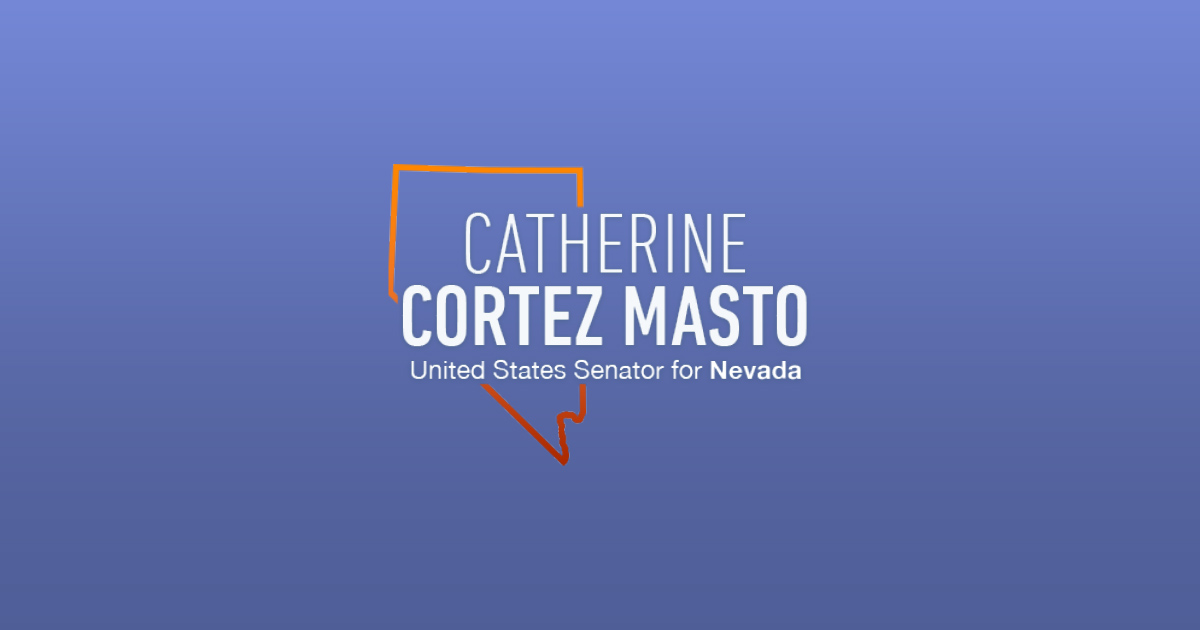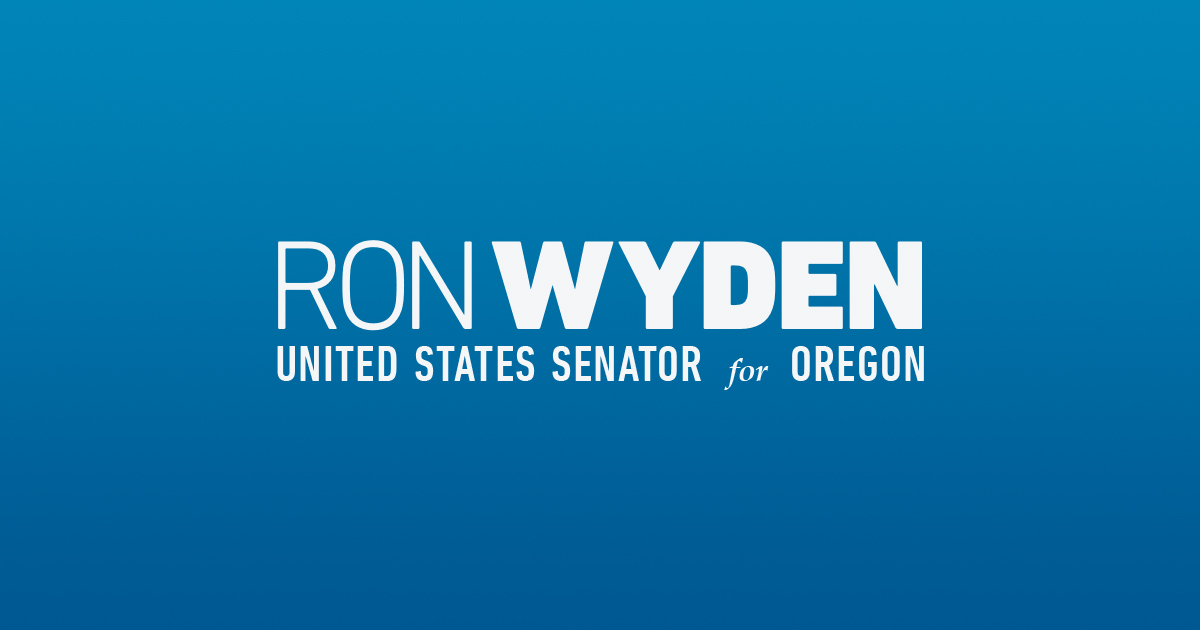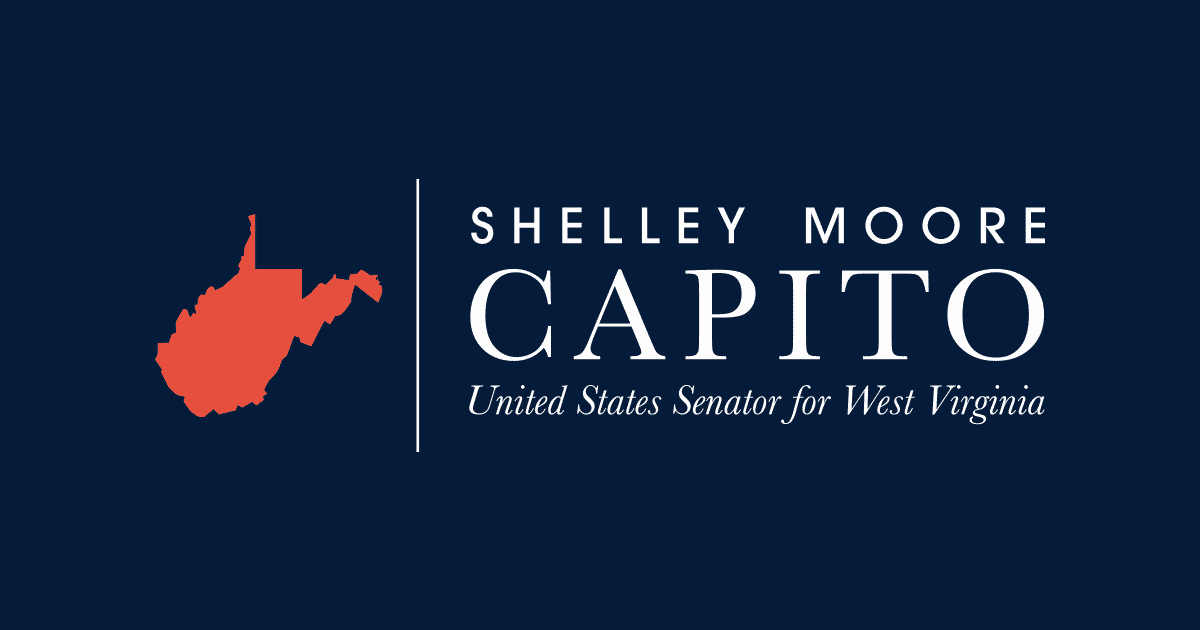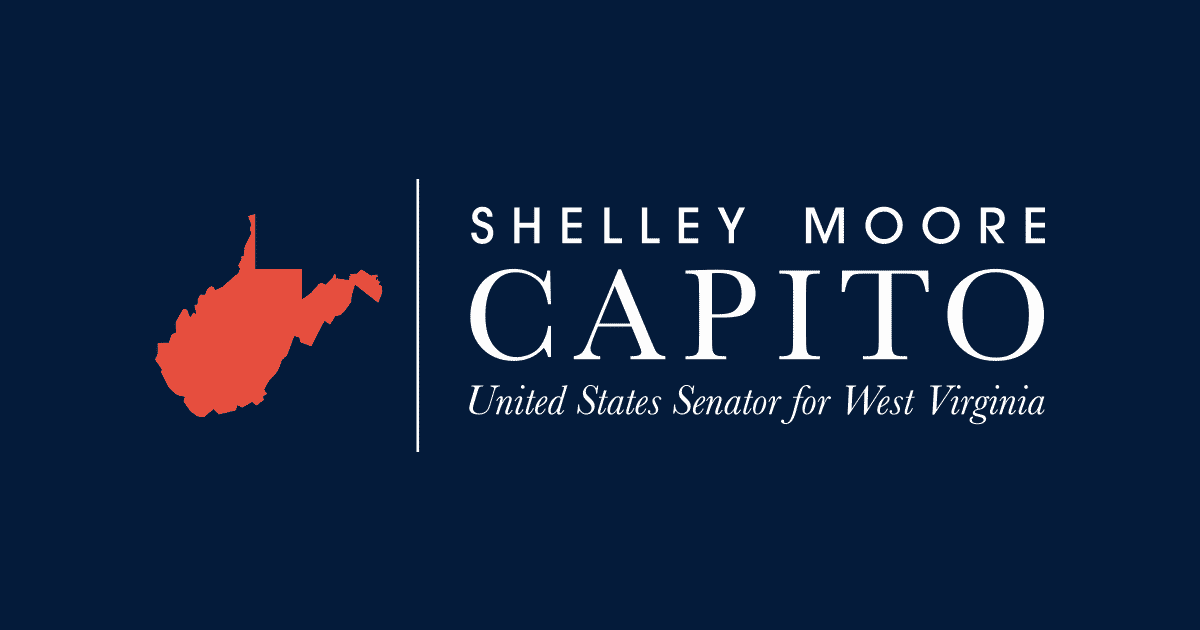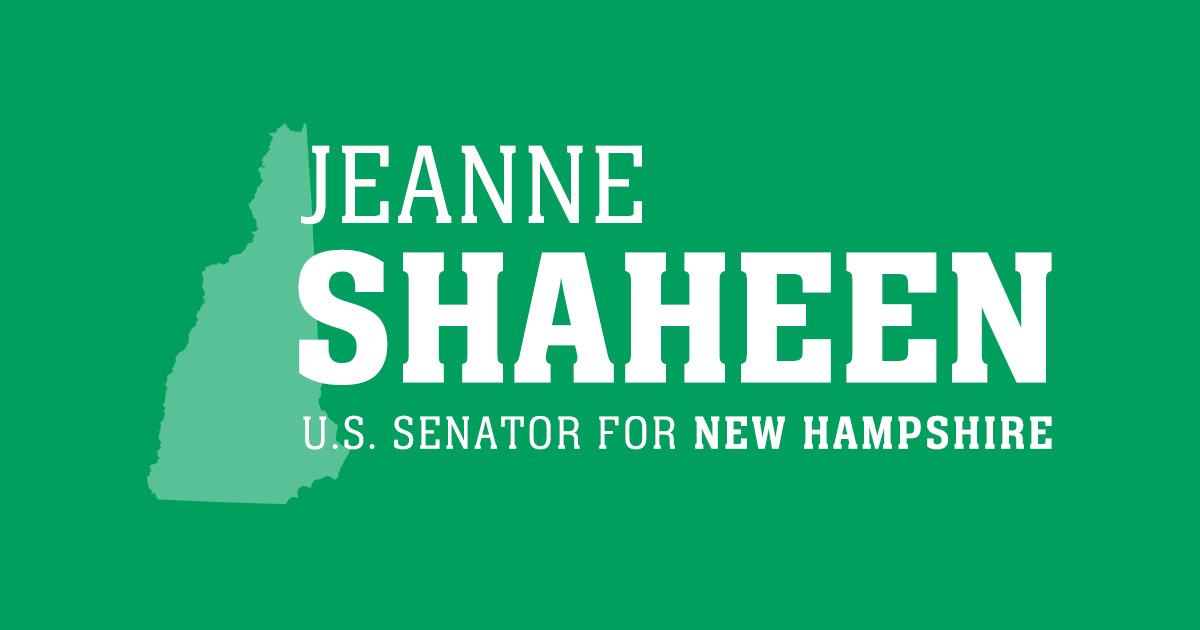Source: United States Senator for Rhode Island Jack Reed
WASHINGTON, DC – Today, U.S. Senators Jack Reed and Sheldon Whitehouse and U.S. Representatives David Cicilline and Seth Magaziner announced $5,242,766 in new federal funding for four local fire departments across Rhode Island.
The federal awards through the Federal Emergency Management Agency’s (FEMA) Assistance to Firefighters Grant (AFG) and Staffing for Adequate Fire and Emergency Response (SAFER) programs will support the hiring of new firefighters as well as the purchasing of new vehicles and equipment, and will improve public safety for numerous local communities.
Fire departments in the following communities will use these federal funds to hire personnel and purchase new trucks, safety, and communications equipment, including:
Cumberland: Over $450,000 to purchase a new fire engine which will allow for their existing 18-year old apparatus to be placed in reserve service.
East Greenwich: Over $280,000 to improve the operations and safety of the department through acquisition of upgraded portable, mobile, and base radios and vehicle repeaters which allow for reliable communications during emergencies and while rendering mutual aid.
Smithfield: Over $3.6 million to hire twelve new firefighters, helping to achieve full-staffing levels for the department while reducing response times and increasing response efficiency across the town and for neighboring communities.
West Warwick: Over $900,000 to purchase a new 100-foot ladder truck with modern equipment and safety features that will replace the department’s current apparatus which is more than 24-years old.
“Making sure that Rhode Island’s local fire departments have proper staffing and modern equipment is essential to enhancing public safety across our state,” said Senator Reed. “These federal funds will help equip Cumberland, East Greenwich, Smithfield, and West Warwick with the resources and staff needed to respond to emergencies more efficiently and effectively, all while helping to ensure the safety of our firefighters.”
“This federal funding provides long overdue equipment and technology upgrades and adds capacity to our local fire departments,” said Senator Whitehouse. “I am committed to continuing to secure funding that supports our firefighters and strengthens public safety efforts across our state.”“This federal funding will provide critical resources to Rhode Island’s firefighters – improving safety and efficiency,” said Congressman Cicilline. “These are the types of investments we must continue to make to ensure public safety across our state.”
“Whenever Rhode Islanders are in crisis, firefighters stand ready to answer the call,” said Congressman Seth Magaziner. “These critical federal dollars will ensure that firefighters across our state have the necessary staff, vehicles, and equipment to keep our communities safe.”
“The new fire engine will greatly improve operations and safety for our firefighters and the citizens of Cumberland. It will enhance the reliability of our equipment as well as reducing the cost of repairs on an aging fleet,” said Cumberland Fire Chief Nick Anderson. “The Cumberland Fire Department would like to thank FEMA and the Rhode Island Congressional Delegation for their support of this program.”
“The East Greenwich Fire Department is very appreciative to be receiving this federal funding. The AFG award will provide us the funding to purchase new portable, mobile and base radios. This grant will dramatically improve radio communications during emergency incidents. We are very grateful to the members of our Congressional Delegation for all of their support,” said President of the East Greenwich Fire Fighters Local 3328, Captain William Perry.
“The Smithfield Fire Department is very grateful to Senator Reed and the Rhode Island Congressional delegation for their assistance with securing this federal grant award to hire new firefighters,” said Smithfield Fire Chief Robert Seltzer. “We are thankful to have a delegation that understands the importance of supporting our firefighters and the value of their service to the people of our town.”
“Our Congressional delegation has provided an extraordinary level of guidance that has put West Warwick in a better place, now and for the future. Senator Reed’s staff has been on top of this process from the beginning,” said West Warwick Fire Chief Jeffrey Varone. “The Senator’s help and delegation’s assistance has been invaluable to our department and our community.”
This $5.2 million in federal funding for local fire departments in Rhode Island comes on the heels of last month’s announcement of more than $4.5 million in AFG and SAFER grants awarded to fire departments in Cumberland, Cranston, and Narragansett. Over the last twenty years, Rhode Island fire departments and other first responders across the state have received over $140 million in AFG and SAFER awards.
Congress provided a total of $720 million for the AFG and SAFER programs in the fiscal year 2023 appropriations bill.
The federal grants are awarded on a competitive basis to applicants that FEMA deems most closely address the program’s priorities and demonstrate financial need.
Since FY 2001, the AFG program has awarded approximately $7.7 billion in grants to provide critically needed resources that equip and train emergency personnel to recognized standards, enhance operation efficiencies, foster interoperability, and support community resilience.

